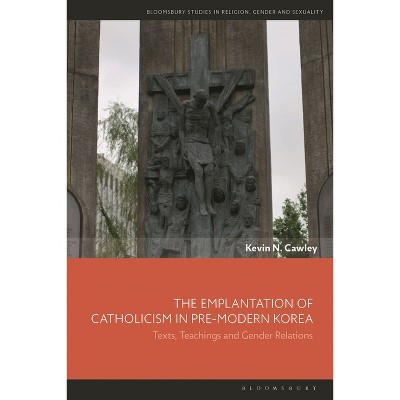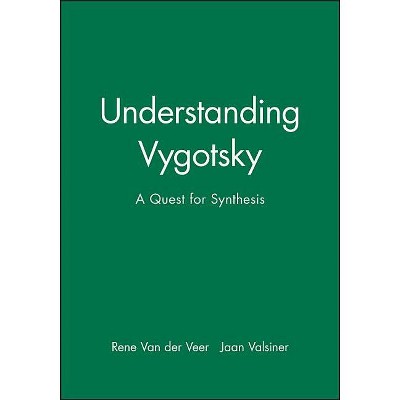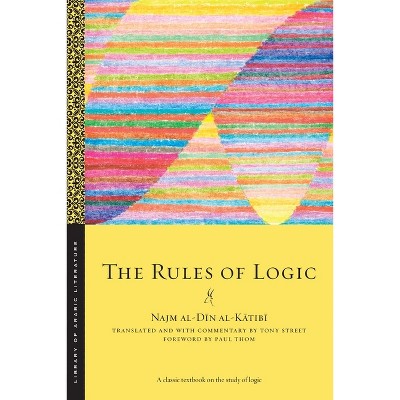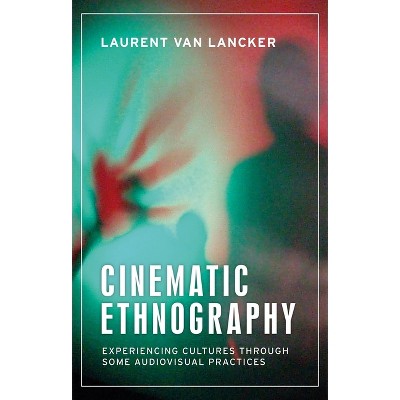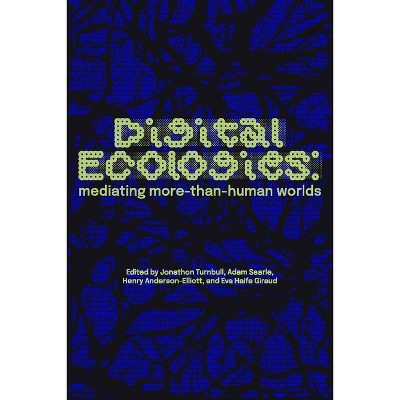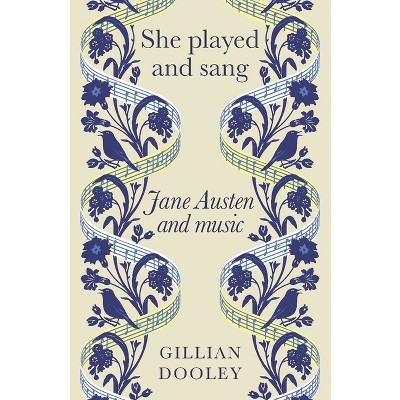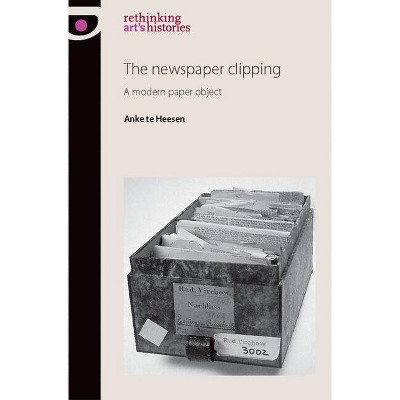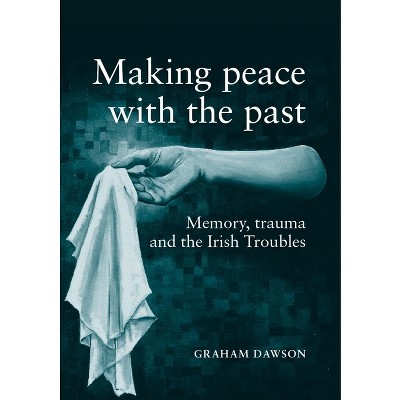Sponsored

Bartered Bridegrooms - by Suriyah Bi (Hardcover)
In Stock
Sponsored
About this item
Highlights
- In this eye-opening ethnography, we learn about the experiences of Muslim migrant husbands from Pakistan and Kashmir, who marry their British counterparts in the hope of marital and global social mobility bliss.
- About the Author: Suriyah Bi is a Senior Lecturer in Human Geography at the University of Cardiff
- 248 Pages
- Social Science, Anthropology
Description
About the Book
This book explores the experiences of Muslim men born and raised in Pakistan and Kashmir who migrate after marrying British Pakistani nationals. The book particular focuses on the impact of migration and marriage on their masculinity.Book Synopsis
In this eye-opening ethnography, we learn about the experiences of Muslim migrant husbands from Pakistan and Kashmir, who marry their British counterparts in the hope of marital and global social mobility bliss. For many, the parallel and intertwined migration and marital journeys do not pan out in the way they had hoped. Many experience precarity and vulnerability within the household and/or in employment, with some even being subjected to harrowing forms of domestic violence. Migrant husbands navigate an increasingly hostile British immigration system not only in public but also in private, at the hands of their wives and in-laws. The ethnography demonstrates how citizenship can be deployed as a performance of white power within single group identity, differentiated through colonial legacies of 'Britishness'.From the Back Cover
'A fascinating and beautifully written exploration of an under-researched issue - the lives of young Muslim men who migrate to marry. This book is a powerful addition to recent scholarship of masculine identities in post-colonial Britain.'
Linda McDowell, Professor, St John's College, Oxford
David N. Gellner, Professor, University of Oxford 'This fascinating book is both cutting-edge and vital, with real-life implications for Muslim communities and for British society as a whole. A must-read for social scientists of gender, migration, Islam, and South Asia, as well as immigration experts in Europe and beyond.'
Marcia C. Inhorn, Professor, Yale University This eye-opening ethnography traces the experiences of Muslim migrant husbands from Pakistan and Kashmir who marry British Muslim partners in the pursuit of both love and global social mobility. For many, the parallel and intertwined migration and marital journeys do not pan out in the way they had hoped; many experience precarity, vulnerability and even violence within the household and in employment. Migrant husbands navigate an increasingly hostile British immigration system, not only in public but also in private, at the hands of their wives and in-laws. This book demonstrates how citizenship can be deployed as a performance of white power within a single group identity, differentiated through colonial legacies of 'Britishness'.
Review Quotes
'This fascinating book explores the ways in which Pakistani migrant husbands negotiate their masculinity in a situation in which they are doubly vulnerable, both as racialized migrant Muslims and as junior males inserted into patriarchal extended family households. The research is both cutting-edge and vital, with real-life implications for Muslim communities and for British society as a whole. A must-read for social scientists of gender, migration, Islam, and South Asia, as well as immigration experts in Europe and beyond.'
Marcia C. Inhorn, Yale University
Professor Linda McDowell, St Johns College, Oxford 'Taking full advantage of her insider-outsider status, Suriyah Bi introduces the reader to a side of Pakistani migration to the UK that has not been studied before. Husbands from Pakistan who arrive in the UK to marry British Pakistani wives find themselves disempowered and often exploited. Bi's rich, sensitive, and hard-won ethnography includes moving testimonies and demonstrates how colonial legacies and contemporary immigration law reach right into the heart of the transnational household. Bartered Bridegrooms is an important contribution to understanding how migration, gender, generation, and religion intersect and interact.'
David N. Gellner, Professor of Social Anthropology, University of Oxford
'This fascinating book explores the ways in which Pakistani migrant husbands negotiate their masculinity in a situation in which they are doubly vulnerable, both as racialized migrant Muslims and as junior males inserted into patriarchal extended family households. The research is both cutting-edge and vital, with real-life implications for Muslim communities and for British society as a whole. A must-read for social scientists of gender, migration, Islam, and South Asia, as well as immigration experts in Europe and beyond.'
Marcia C. Inhorn, Yale University
Professor Linda McDowell, St Johns College, Oxford 'Taking full advantage of her insider-outsider status, Suriyah Bi introduces the reader to a side of Pakistani migration to the UK that has not been studied before. Husbands from Pakistan who arrive in the UK to marry British Pakistani wives find themselves disempowered and often exploited. Bi's rich, sensitive, and hard-won ethnography includes moving testimonies and demonstrates how colonial legacies and contemporary immigration law reach right into the heart of the transnational household. Bartered Bridegrooms is an important contribution to understanding how migration, gender, generation, and religion intersect and interact.'
David N. Gellner, Professor of Social Anthropology, University of Oxford
About the Author
Suriyah Bi is a Senior Lecturer in Human Geography at the University of CardiffShipping details
Return details
Frequently bought together
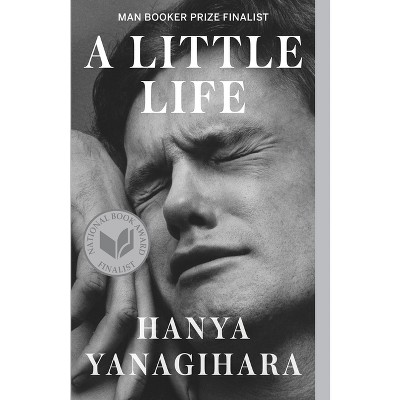
Trending Non-Fiction





